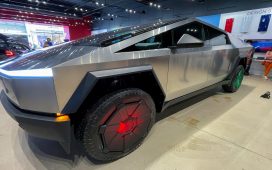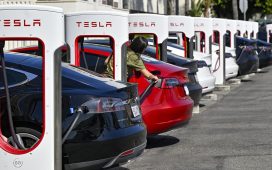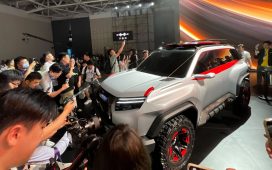Volkswagen, which is investing tens of billions in electrification, expects that its European demand will top 150 gigawatt-hours starting in 2025.
It has invested in a joint venture with Northvolt to build a 16 gigawatt-hour battery cell factory in Salzgitter, Germany, that is due to start production by early 2024. It will source the remainder of its cells from other suppliers, although VW has not ruled out investing in new sites, for example at its Emden vehicle plant.
PSA’s project with Total/Saft, which it calls Automotive Cells Company, involves two factories, one in France and one in Kaiserslautern, Germany, each with a final capacity of 24 gigawatt-hours.
The Kaiserslautern factory will primarily serve PSA’s German brand Opel. The German government is subsidizing the 2 billion euro project, after receiving approval for the state aid from the European Commission last December.
Daimler once manufactured cells in Kamenz, Germany, hoping to sell them to competitors as well, but it shuttered production at the end of 2015, citing uncompetitive costs.
This summer Daimler announced it was taking a stake in Farasis, a Chinese battery cell supplier, with one of the goals building a carbon-neutral cell factory in Bitterfeld-Wolfen, Germany.
“At Mercedes-Benz we do not think getting into cell production is a good use of our capital,” said the Daimler brand’s operations chief, Markus Schaefer, at its strategy update earlier this month.
“If we took a different route, it could cost us billions in capital, distract us from our core activities, and leave us at risk in the event of a technological leap,” he said. “Our strategy loses almost nothing in terms of speed and technology, but is much more financially intelligent.”








